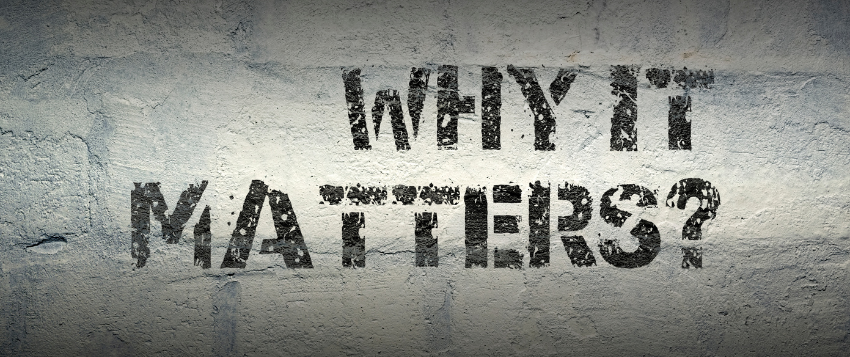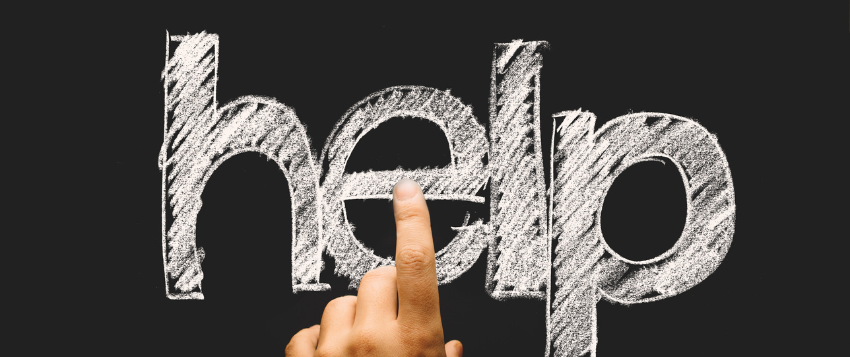By the time November rolls around, many workplaces feel a bit like the last ten minutes of a very long meeting. People are present, technically, but the energy is somewhere between the December holidays and the nearest coffee machine. Emails feel heavier, concentration slips, and even the most committed team members start saying things like “let us park it for next year”. That foggy, stretched, emotionally tired feeling has a name. It is year-end fatigue at work, and it is more common than most organisations like to admit.
What is year-end fatigue at work?

Year-end fatigue at work is not simply being lazy or losing discipline. It is the cumulative weight of a full year of deadlines, projects, personal pressures and unexpected crises landing all at once. By November, many people are running on reserve. Targets still need to be met, performance reviews are due, budgets must be defended, and next year’s strategy is already on the table. At the same time, there are family expectations, financial pressures and social commitments outside of work. No surprise that focus, patience and motivation begin to fray at the edges.
Managing your energy and workload in the year-end rush

One of the most powerful ways to manage this season is to take energy and workload seriously, instead of treating them as an endless resource. This starts with setting real boundaries. Saying “no” to non-essential tasks and last-minute requests is not selfish. It is how you protect the work that genuinely matters. Being clear about your working hours, and disconnecting from emails and chats after hours, gives your body and mind permission to recover. It also sets a healthier standard for the people around you, especially if you are in a position of responsibility.
Prioritising tasks is another practical defence against year-end overload. A long to do list that never gets shorter only fuels anxiety. A realistic, focused plan does the opposite. Identify what truly has to be finished before the holidays and be honest about what can move into January without causing damage. Break large projects into smaller, more manageable steps and tackle them in sequence rather than trying to juggle everything at once. When your brain is tired, one clear next step feels far more achievable than “deliver the entire project”.
Fatigue also reduces the ability to make good decisions, which is why scheduled breaks are not a luxury at this time of year. Short pauses to stand up, stretch, breathe, or step outside for five minutes can reset your nervous system and sharpen your thinking. Longer breaks during the day, such as a proper lunch away from your screen, help you to return with more clarity. It can feel counterintuitive to stop when the pressure is highest, yet the quality of your work usually improves when you give your brain room to recharge.
Delegation often becomes a sensitive topic at year-end because everyone is busy, but carrying everything alone is a fast path to burnout. Sharing the workload where possible, asking for support on specific tasks, or collaborating with colleagues on complex deliverables allows teams to carry the load together. If you are leading others, this is the moment to check who is quietly drowning in work and who has capacity to assist. If you are part of a team, it is worth being honest about when your plate is full rather than silently absorbing more and hoping for the best.
Why your body matters more than ever

Beyond workload, year-end fatigue at work is heavily influenced by how well you look after your body. Sleep is usually the first thing sacrificed when deadlines pile up, yet it is the single biggest lever for resilience. Consistently aiming for seven to nine hours of sleep gives your brain the chance to reset, process emotions and restore focus. Nutrition plays a role too. Living on caffeine, snacks and sugar might get you through a morning, but it almost always leads to an afternoon crash. Choosing balanced meals, drinking enough water and moderating stimulants can stabilise your energy far more effectively than another energy drink.
Movement is another underrated tool for surviving the November slump. You do not need a high-intensity workout every day. Gentle activity such as walking, stretching, or a short yoga session can release tension, improve circulation and boost your mood. Even ten minutes between meetings can make a noticeable difference. Many organisations now partner with dedicated wellness providers to turn these good intentions into real habits through on-site classes, fitness challenges and practical lifestyle support. Healthi is one such wellness partner, working with companies to design programmes that support better sleep, smarter nutrition and regular movement, so teams can stay energised and productive right up to year-end.
Mindset, small wins and real support

Mindset and emotional support are just as important as sleep and food. Simple mindfulness practices, like a few minutes of deep breathing or a short, guided meditation, can help you slow down racing thoughts and reset before diving back into your tasks. It also helps to deliberately celebrate small wins. When you are tired, it is easy to focus only on what is unfinished. Taking a moment to acknowledge progress, even on smaller pieces of work, reinforces a sense of momentum instead of constant pressure.
Connection with other people is a powerful antidote to year-end fatigue at work. When everyone is busy, it is tempting to retreat into your own corner and just push through. In reality, short, genuine check-ins with colleagues, friends or family can remind you that you are not the only one feeling stretched. These conversations do not have to be formal counselling sessions. Sometimes a shared laugh about November being the longest month of the year is enough to ease the tension. Where organisations take wellbeing seriously, you may also have access to employee assistance programmes or mental health resources that are worth using rather than ignoring.
Planning for rest is another practical way to reduce year-end pressure. Having a clear idea of when you will be on leave, what you want that time to look like, and how you will hand over work before you go, gives your brain something positive to anticipate. It shifts your thinking from “I just have to survive” to “I am working towards a defined break”. Even if you are not able to take extended leave, scheduling meaningful downtime, such as a long weekend, a day with no meetings, or a family day, can provide similar benefits.
Knowing when to ask for help

There is also a point where self-help is not enough. If you notice that your exhaustion goes beyond normal year-end tiredness, if you are struggling to get out of bed, losing interest in things you normally care about, or feeling persistently anxious or low, it may be time to seek professional support. Speaking with a psychologist, coach or medical professional is not a sign of weakness. It is a proactive step to protect your health and your future performance.
For those in leadership roles, this season offers a quiet test of what your style is really about. People will remember less about the year-end targets you hit and more about how they felt working with you in November. Do you model healthy boundaries or glorify overwork. Do you create space for honest conversations about capacity, or reward those who suffer in silence. Do you insist on business as usual when everyone is clearly running on fumes, or do you adapt plans so that your team can finish well and start the new year with something left in the tank.
Finishing the year without burning out
Year-end fatigue at work is not going away. It is built into the rhythm of modern work. What can change is how we respond to it. By managing energy and workload with more honesty, practising real self-care, shifting your mindset, and seeking support when needed, individuals and organisations can move through November with more grace and less damage. The goal is not to stagger into December completely burnt out. The goal is to cross the finish line feeling tired, yes, but also proud, intact and ready to grow again in the year ahead.







